As part of the sixth MI Ministerial (MI-6), with the launch of MI 2.0, Mission Innovation members committed to support the formation of a Technical Advisory Group (TAG). The purpose of the TAG is to provide an independent review and advisory function for Mission Innovation activities to help Mission Innovation governments maximise their impact.
“Mission Innovation’s goal of accelerating the clean energy transition for all is vital and I’m excited to be providing my support as TAG Chair.”
Dr. Jenny Hayward,
TAG Chair and Principal Research Scientist in Australia’s Commonwealth Scientific and Industrial Research Organisation (CSIRO) Energy Business Unit, Australia
“I look forward to leading the TAG by supporting the Chair to provide valuable support and independent guidance to Mission Innovation.”
Dr. Michio Kondo,
TAG Vice-Chair and Supervisory Innovation Coordinator, National Institute of Advanced Industrial Science and Technology, Japan
The TAG brings together 19 leading scientists and senior energy innovation professionals from around the world nominated by MI member countries and partner organizations. The TAG members will use their policy, technical, and commercial expertise and knowledge of clean energy innovation architecture and mission-oriented programming to provide recommendations to the MI Steering Committee and help MI reach its goals
The work done by TAG will be critical to drive impact and outcomes for Mission Innovation and will review the Missions and Innovation Platform to improve efforts for greater impact and exchange knowledge across National Innovation Pathways.
Dr. Jenny Hayward (TAG Chair) — Australia
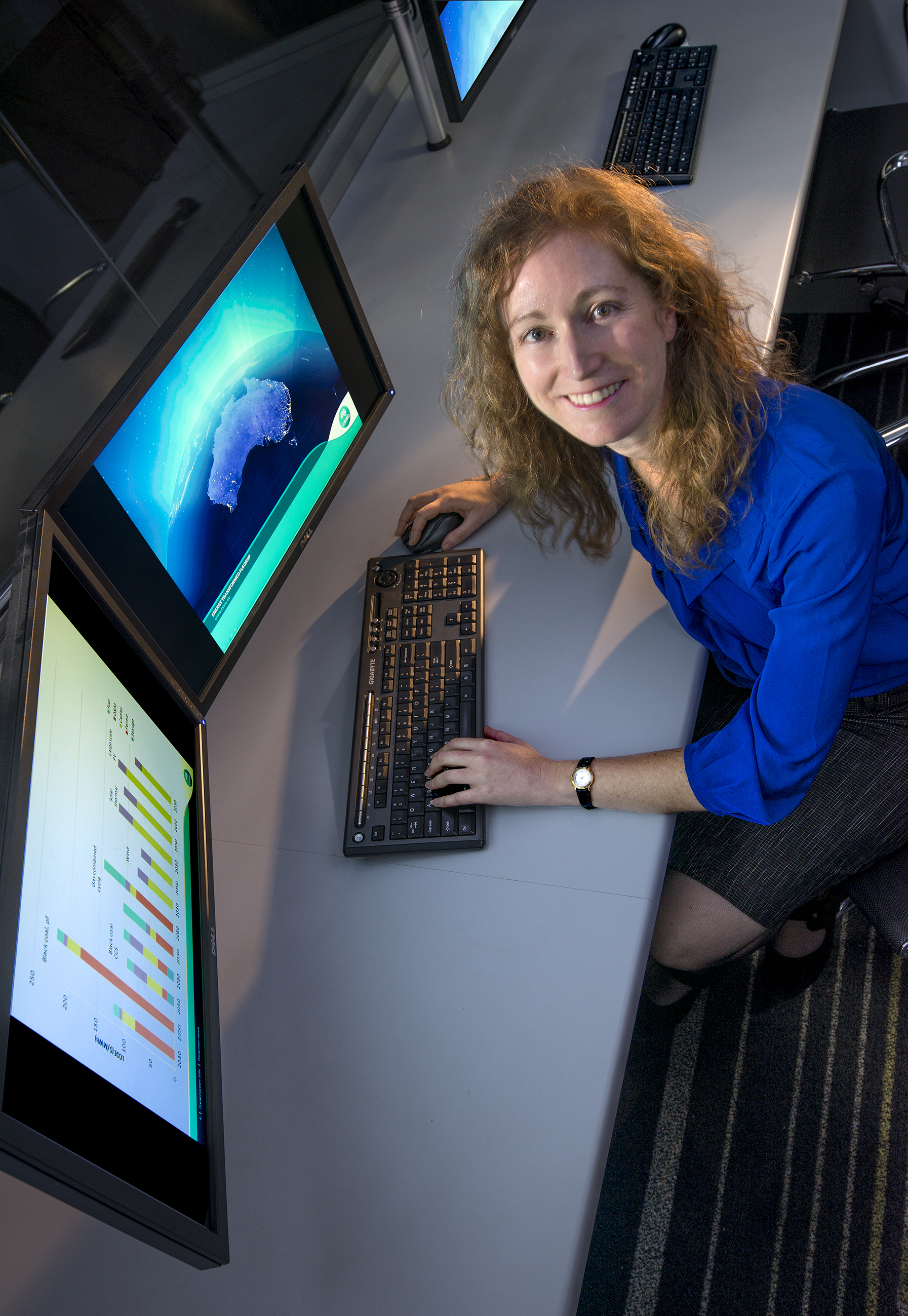
Jenny Hayward is a principal research scientist in Australia’s Commonwealth Scientific and Industrial Research Organisation (CSIRO) Energy Business Unit. She leads research projects on technology cost projections and the models she has developed are used to project the cost of electricity generation technologies for the Australian Energy Market Operator and the Australian Government. Jenny has made economic modelling contributions to roadmap and renewable energy projects, including the Low Emissions Technology Statement, the Australian National Hydrogen Roadmap and Low Emissions Technology Roadmap. She has contributed to studies undertaken by CSIRO on energy storage, remote area power systems, the techno-economic potential of solar fuels, the potential of sustainable aviation fuels; ocean renewable energy; geothermal heat for gas processing and concentrating solar thermal energy in Australia.
Her focus is on developing new methods and modelling approaches to provide robust projections of the capital costs of existing and emerging electricity generation and fuel conversion technologies.
Jenny has previously worked as a computational chemist with expertise in chemical and biological modelling. She has worked in interdisciplinary environments to provide analysis on issues of future strategic significance.
Dr. Michio Kondo (TAG Vice Chair) — Japan
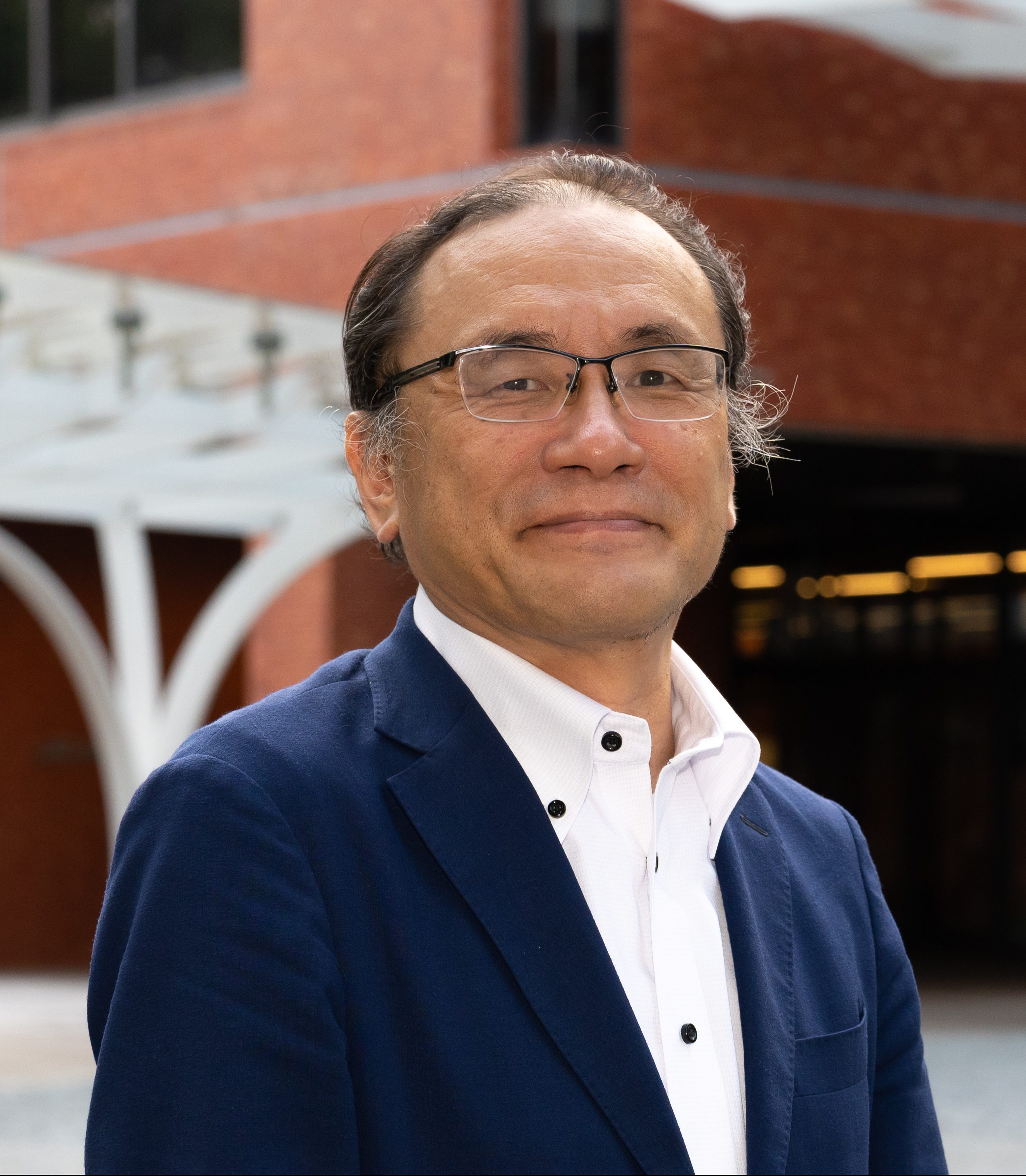
Dr. Julia Reinaud — Breakthrough Energy
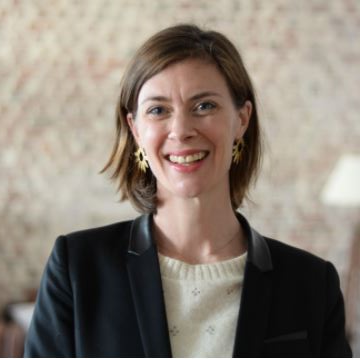
Julia Reinaud has been working in the field of climate and energy for the past two decades. She is an experienced business developer with a track record of spearheading international projects and integrating sustainability and innovation into businesses and governments strategies.
Julia joined Breakthrough Energy in 2018. She has been shaping and implementing the organization’s activities and partnerships in Europe. As part of that effort, Julia worked with the European Commission and the European Investment Bank to set up Breakthrough Energy Ventures Europe, a €100 million fund dedicated to investing in Europe’s best clean energy entrepreneurs. She also supported the new EU-Catalyst partnership and the Breakthrough Energy Catalyst partnership with the UK that will accelerate the deployment and rapid commercialization of innovative technologies.
Prior to Breakthrough Energy, Julia served in a variety of leadership roles in the climate and energy sector – heading industry and energy innovation programs at the European Climate Foundation, ClimateWorks Foundation, and the Institute for Industrial Productivity. She started her career as an analyst at the IEA. She has worked internationally with projects in Europe, China and India.
Julia holds a PhD with distinction in Economics and Industrial Strategy from University Paris Dauphine.
Dr. Ashley Mercer — Canada

Dr. Ashley Mercer is the Senior Science and Technology Director for Natural Resources Canada’s Office of Energy Research and Development. Throughout her career, Ashley has held various research and leadership roles in government and academic institutes working to advance innovation across energy systems. She holds a Master of Public Administration from Columbia University and a Doctorate with a specialization in Energy Systems from the University of Calgary. She currently leads a team, comprised of over eighty engineers, science and technology advisors and policy analysts, who provide scientific and technical leadership on programs and policies to drive innovation across Canada’s energy system. She also provides senior S&T leadership to Canadian energy innovation programming that prioritizes, plans, and funds Canadian federal laboratories advancing efforts in energy R&D. Before working at Natural Resources Canada, Ashley worked for the Government of the Northwest Territories at the Aurora Research Institute. There, living close to the Arctic circle, she supported all types of research focused on Canada’s northern regions.
Dr. Kong Li — China 
Professor of University of Science and Technology of China(USTC), and researcher of Institute of Electrical Engineering, Chinese Academy of Sciences(CAS).
He once served as director of the Institute of Electrical Engineering at the Chinese Academy of Sciences, director of the Planning and Finance Bureau of CAS, and vice president of the Chinese Renewable Energy Society. He is currently the vice dean of the Institute for Carbon Neutrality of USTC, Chairman of the Supervisory Board of the Chinese Renewable Energy Society.
He has dedicated his career to the research and development of new energy power generation, renewable energy access and new power grid technology. His significant achievements include advancements in energy conversion technology for photovoltaic power system, the independent large-scale photovoltaic power station with local power grid, power electronic transformer, ac / dc hybrid micro-grid, etc.
Ms. Birgitte Keulen – European Investment Bank 
Dr. Vangelis Tzimas — European Commission

Vangelis Tzimas is head of the ‘Knowledge for the Energy Union’ unit in the Energy, Transport and Climate Directorate of the European Commission’s Joint Research Centre. He leads a team of 50 researchers that provide scientific evidence and analysis to support the energy, industrial and research and innovation policies of the European Union to enable a just, competitive and resilient transition to climate neutrality. He is a member of the Mission Innovation Technical Advisory Group, and his unit is responsible for leading the MI Insights module, which tracks progress in global clean energy innovation, primarily through system-mapping and experience-sharing. Vangelis joined the European Commission in 2000. Since then he has held research positions across a range of areas in the field of energy, including clean energy innovation & competitiveness, the decarbonisation of the power, industrial and heating & cooling sectors, supply chain resilience, energy and industrial infrastructure planning, renewables integration and social aspects of the energy transition. He is based in the Netherlands, and has a Masters Degree from the National Technical University of Athens, Greece, and a Ph.D. from Drexel University in USA, both in engineering.
Dr. Dagmar Sommer — Germany
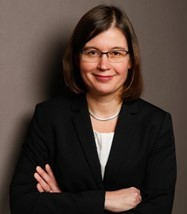
Ms. Araceli Fernandez Pales — IEA
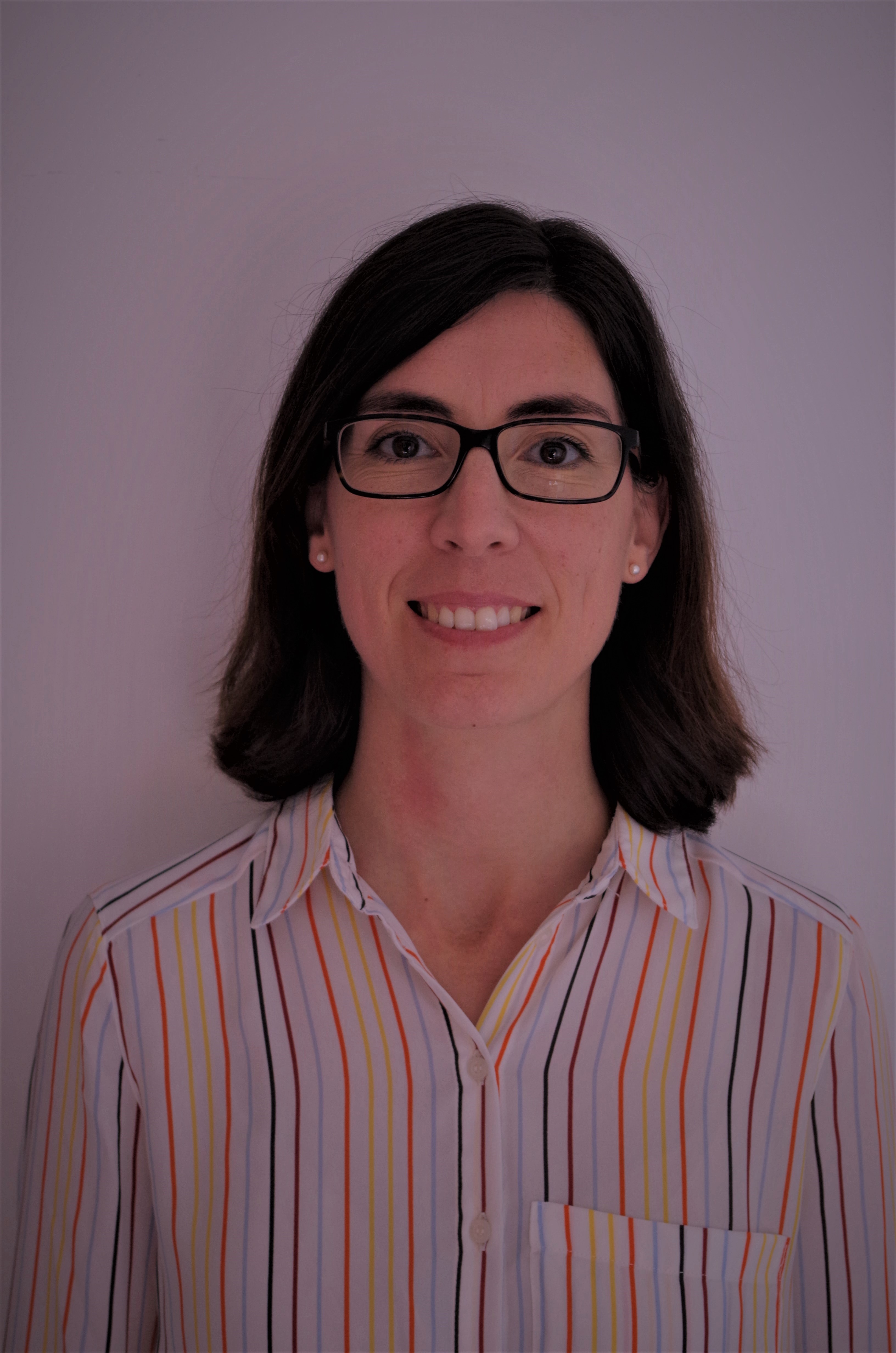
Araceli Fernandez has more than fifteen years’ experience working on technology development in the energy field. She currently serves at the International Energy Agency as the Head of the Technology and Innovation Unit within the Energy Technology Policy division. Araceli manages research, analytical and scenario modelling activities on clean technologies for end-use sectors in that Division. She also supervises the process to monitor the readiness level of clean technologies across the energy sector and to track clean energy progress. In her previous role at the IEA, she led the modelling and technology analysis related to the industrial sector, in particular, in the same division.
Before joining the IEA in 2012, Araceli served in different roles in the Oil & Gas sector including process optimization, detailed engineering, new processes licensing and emissions monitoring for refinery and petrochemical projects. Araceli holds a MEng in Chemical Engineering from the Polytechnical University of Valencia (Spain) and a MSc in Process Engineering from Cranfield University (UK).
Prof. Shireesh B Kedare— India
 Shireesh Kedare is a Professor at IIT Bombay. With Bachelors and Ph.D. in engineering, he has an ability to do solution engineering and he is a prolific teacher. He has wide research experience in renewable energy technologies, particularly solar thermal concentrators for industrial process heat and power with storage. He has extensive exposure to industry, entrepreneurship, product development and commercialization. He has long academic experience as a teacher and his ability to communicate different aspects of engineering and technology is appreciated by the students. He has won many national and international awards for innovation and solar concentrator system developed that was aimed at addressing the climate change issues as well as awards for Excellence in Teaching at IIT Bombay. Further, he is actively involved in rural technology and skill development for rural artisans and rural industrialization. He has wide exposure and experience in rural energy and agricultural reforms through participatory development approach. He is widely experienced in developing and improving organizational systems and structures in small as well as large industries, academic organizations as well as voluntary and non-governmental organizations.
Shireesh Kedare is a Professor at IIT Bombay. With Bachelors and Ph.D. in engineering, he has an ability to do solution engineering and he is a prolific teacher. He has wide research experience in renewable energy technologies, particularly solar thermal concentrators for industrial process heat and power with storage. He has extensive exposure to industry, entrepreneurship, product development and commercialization. He has long academic experience as a teacher and his ability to communicate different aspects of engineering and technology is appreciated by the students. He has won many national and international awards for innovation and solar concentrator system developed that was aimed at addressing the climate change issues as well as awards for Excellence in Teaching at IIT Bombay. Further, he is actively involved in rural technology and skill development for rural artisans and rural industrialization. He has wide exposure and experience in rural energy and agricultural reforms through participatory development approach. He is widely experienced in developing and improving organizational systems and structures in small as well as large industries, academic organizations as well as voluntary and non-governmental organizations.
Ms. Norela Constantinescu – IRENA

Norela Constantinescu is Deputy Director at IRENA Innovation and Technology Center. Until May 2024 she was Head of Innovation Section with ENTSO-E, the European Network for Transmission System Operators for electricity for which she worked for 10 years, starting in 2014. In the period June 2022 – March 2024, she was chair of the European Technology and Innovation Platform for Smart Network for Energy Transition. Previously she worked with European Commission DG Energy on low-carbon technologies, wind and smart cities and communities. She is an energy engineer with post-graduate studies in business administration and applied computer science.
Dr. Naser Odeh — KAPSARC
Mr. Muhammed Ali Al-Zahrani — Kingdom of Saudi Arabia

Muhammed Ali Al-Zahrani is a strategic leader with over 18 years of experience spanning oil and gas, petrochemicals, energy policy, and sustainability. His career bridges technical, corporate, and governmental spheres, combining operational excellence with national-level policy design.
At the Ministry of Energy, he directs climate-change and sustainability programs-leading multidisciplinary teams that shape Saudi Arabia’s ESG frameworks, national taxonomy, and green-finance principles, and advising on climate-related related studies, analysis and inputs to internal and external stakeholders.
Previously at Sipchem, he founded and managed the company’s Sustainability Department, building corporate governance, reporting, and decarbonization and finally aliment with Board of Directors. Earlier roles included Process Safety Section Head and Process Engineer, where he implemented global best practices (API 754, PSM systems) and led transformation projects with DuPont Sustainable Solutions. His final role was building a lifecycle assessment methodology with all portfolio projects but also acted as the representative of investors relationship for sustainability aspects but more specifically climate change.
His expertise encompasses climate-policy alignment, sustainable finance, process safety, and decarbonization-integrating international frameworks into Saudi-tailored systems. With a track record of starting several strategies and building departments that align with strategies.
A recognized communicator and policy advisor, he engages regularly with boards, international organizations, and academic institutions, contributing to national frameworks that connect the Circular Carbon Economy and Vision 2030 goals.
He holds a B.Sc. in Chemical Engineering and advanced certifications from Cambridge Business School, KAPSARC, and Hawkamah, with credentials in PSM (NEBOSH), ISO 55000 Auditing, and ESG Governance. Also acted as an advisor for many employees at mid and junior career levels.
Mr. Bert Stuij — Netherlands
Mr. Per Arne Karlsen — Norway
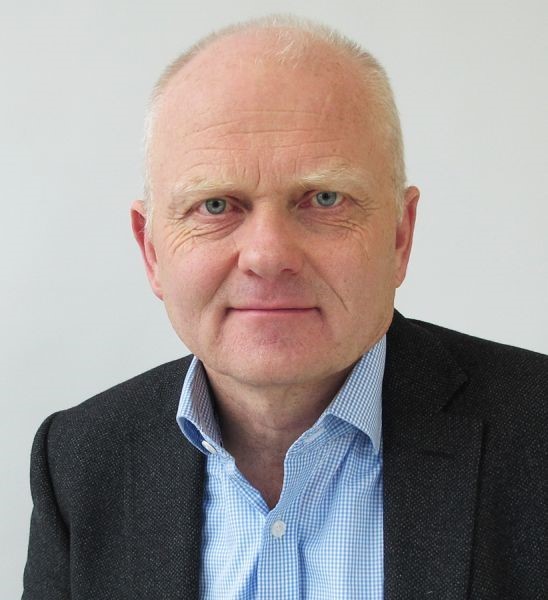
Per Arne Karlsen has been working in the field of renewable energy for the past three decades, focused on R&D-, Business- and Market Development on various energy sources (hydropower, solar, wind, hydrogen and bio) and Energy systems (Power Grid, District Heating). He is an experienced manager with long track record from both Energy companies and Consultancy in the field of Energy and Climate. Per Arne joined The Research Council of Norway (RCN) in 2018. At RCN he has been working with R&I funding programmes and cooperation both at a national and international level including Horizon Europe, various Era-Nets and CETP (Clean Energy Transition Partnership). He is also Norway’s ExCo member in IEA Bioenergy and country representative at the Advisory board for ETIP Bioenergy.
Per Arne has a background as an Engineer in the fields of Energy and construction. In addition, he holds a BA in Economics and MBA from Heriot-Watt University/UK.
Dr. Thabo Hlalele — South Africa
Dr. Margarita de Gregorio — Spain
Margarita de Gregorio is a Spanish leading professional in the field of renewables, biocircularity and sustainability. Environmental Engineer with a PhD in the Economy of Natural Resources, since 2007 she has been general secretary of the Spanish Technology and Innovation Platform in Biocircularity (BIOPLAT). Since 2016, Margarita has been the technical secretary at the European Alliance for Research Excellence in Sustainable Bioenergy (EERA Bioenergy). Currently, she holds the position of CEO of the Spanish Association of Biocircularity (BIOCIRC). And, in March 2024, Margarita was appointed president of the Spanish Alliance for the Sustainability of Air Transport (AST). Besides, throughout her extensive career, she has been Biomass Director at the Spanish Association of Renewable Energies for 17 years (2006-2023). In parallel, since 2009 she has been general secretary of the Spanish Technology and Innovation Platform in Geothermal (GEOPLAT) and she is the CEO of the Spanish Geothermal Association (GEOENERGÍA). In addition to her professional career, Margarita has contributed to the academic field as a professor in master’s at universities and schools. Likewise, she has been a speaker at multiple national and international conferences and has published numerous publications (scientific-technical, position papers, sectorial documents and in the media).
Prof. Mercedes Maroto Valer — United Kingdom
Professor Mercedes Maroto-Valer (FRSE, FIChemE, FRSC, FRSA, FEI) is Champion and Director of the UK Industrial Decarbonisation Research and Innovation Centre (IDRIC, funded by UKRI) focused on accelerating the transition to net zero of the UK industrial clusters and establishing the first world net-zero industrial cluster.
Mercedes is Deputy Principal (Global Sustainability) at Heriot-Watt University leading institutional and global changes in sustainability, making a significant impact on achieving the United Nations Sustainable Development Goals and working with partners to achieve global carbon reduction targets. Mercedes is also Director of the Research Centre for Carbon Solutions (RCCS, Heriot-Wat University), delivering innovation for the wider deployment of low-carbon energy systems required for meeting net-zero targets.
Her internationally recognised track record covers whole energy systems, CCUS, hydrogen technologies and low-carbon fuels. She has over 600 publications and has received numerous international prizes and awards. Mercedes holds leading positions in professional societies and editorial boards, including her role in the Council of Engineers for the Energy Transition (CEET) under the auspices of the United Nations Secretary-General.